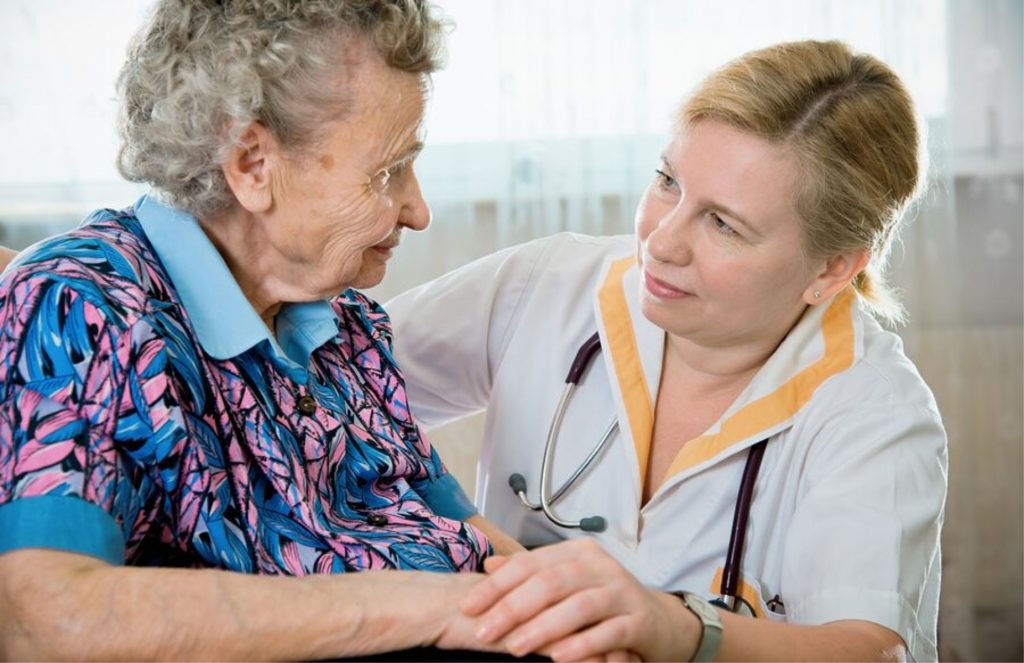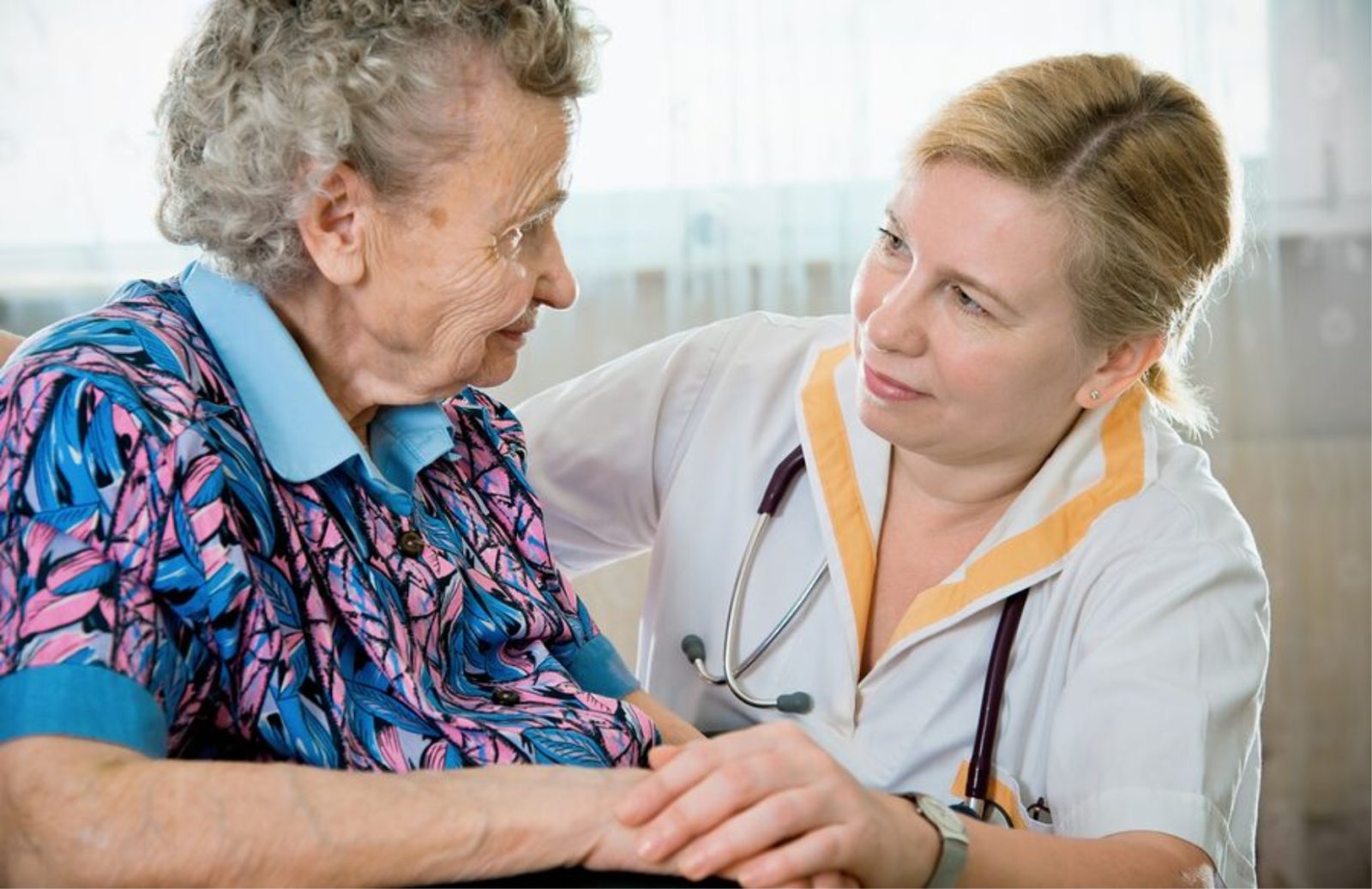Home Health Care: When most young adults get an infection from a cut, disease, or food, the body’s defenses fight it off.
Symptoms are mild and go away on their own. Slower immune response and digestion make it harder for older adults to fight off an infection. Some infections require expert care to help your mom or dad heal and feel better. For those infections, home health care services can be beneficial.

1 – Bacterial Pneumonia
Pneumonia may be viral or bacterial. Bacterial pneumonia is often caused by strep. Strep bacteria live in the throat and don’t often cause problems. If the bacteria leave the throat lining and make their way into the lungs, it can lead to the air sacs becoming infected.
A high fever, chills, coughing up greenish-yellow mucus or blood, and exhaustion are symptoms. Your parents can prevent bacterial pneumonia by getting a pneumonia shot when they turn 65. Home care services can help with IV fluids and any IV antibiotics that a doctor prescribes.
2 – Gastrointestinal Infections
Any bacterial, parasitic, or viral infection of the gastrointestinal system qualifies as this type of infection. Food poisoning is one of the most common as the elderly digest foods more slowly. That means foods contaminated with things like E. coli or salmonella spend more time in the stomach and intestines, leading to gastroenteritis.
If your parent has gastroenteritis and becomes dehydrated, home health care nurses can set up the IV. IV fluids will restore proper fluid levels.
3 – Influenza (The Flu)
Influenza is a common virus, but it can also be a deadly infection in the elderly. The risk comes from the virus progressing into pneumonia.
If your parent gets the flu, it’s important to rest, stay hydrated, and talk to a doctor for signs to look for that indicate the recovery isn’t going so well. IV medications and fluids are something a home health care nurse can help with.
4 – Methicillin-Resistant Staphylococcus Aureus (MRSA)
Skin infections are more prevalent in the elderly because the immune system is slower to respond. There are several types of skin infections, and MRSA is one of the common ones. MRSA is hard to fight as it doesn’t respond to many prescription antibiotics that doctors commonly prescribe.
Staph infections may follow surgery, a scratch that becomes infected, or a bacterial infection following a catheter or breathing tube. Signs include pain, swelling, and redness. Nurses can administer injectable and IV medications.
Home Health Care: 5 – Urinary Tract Infections
Urinary tract infections occur when bacteria get into the bladder and urinary system. Treatments include the use of antibiotics. If the infection becomes so bad that the bladder isn’t able to empty, a catheter stent may become necessary. Home health care nurses can help with catheter care.
Wound care, IV administration, and injectable medications are all aspects of care that home health care nurses assist patients with. If your mom or dad has an infection and doctors recommend having home health care, make the arrangements as soon as you can.


